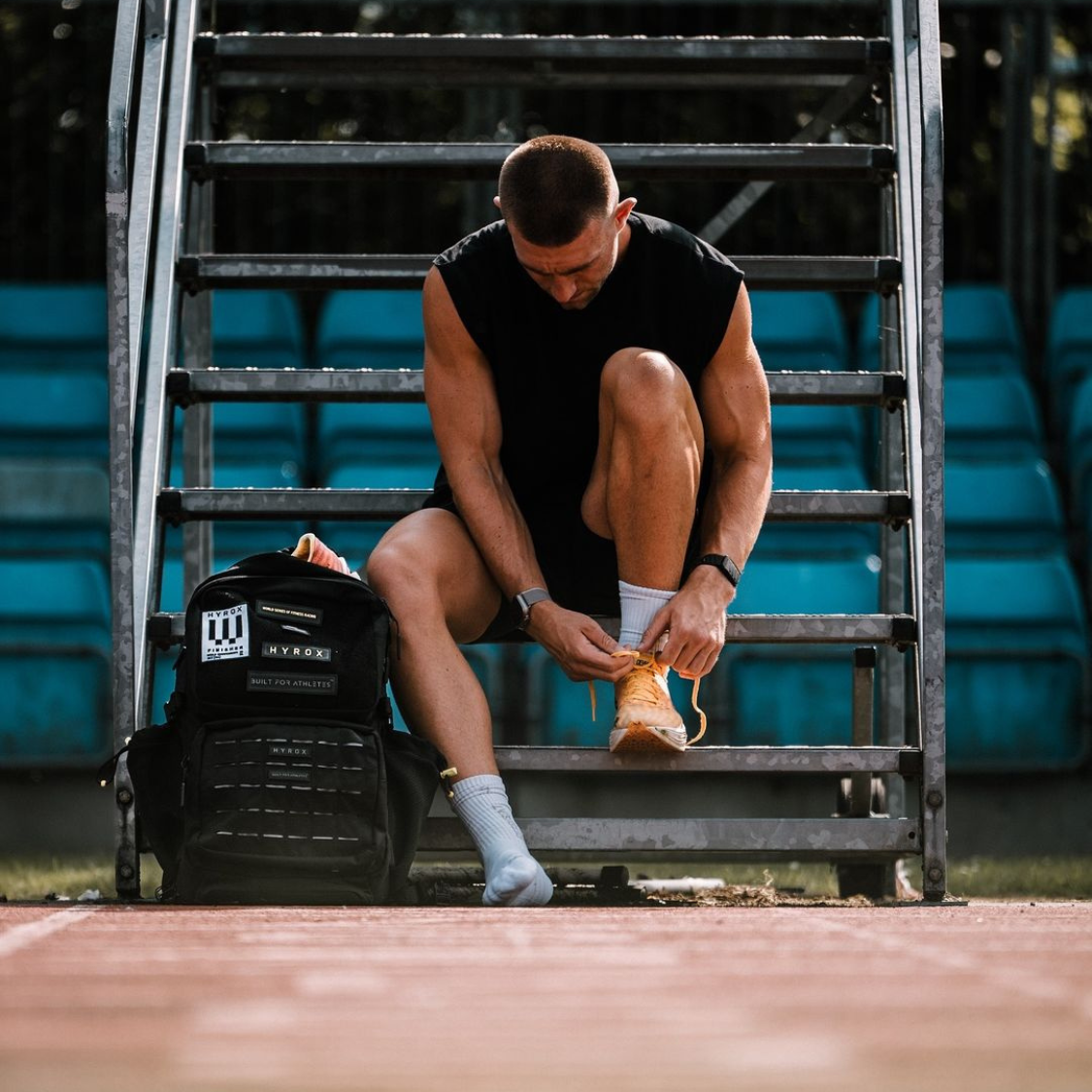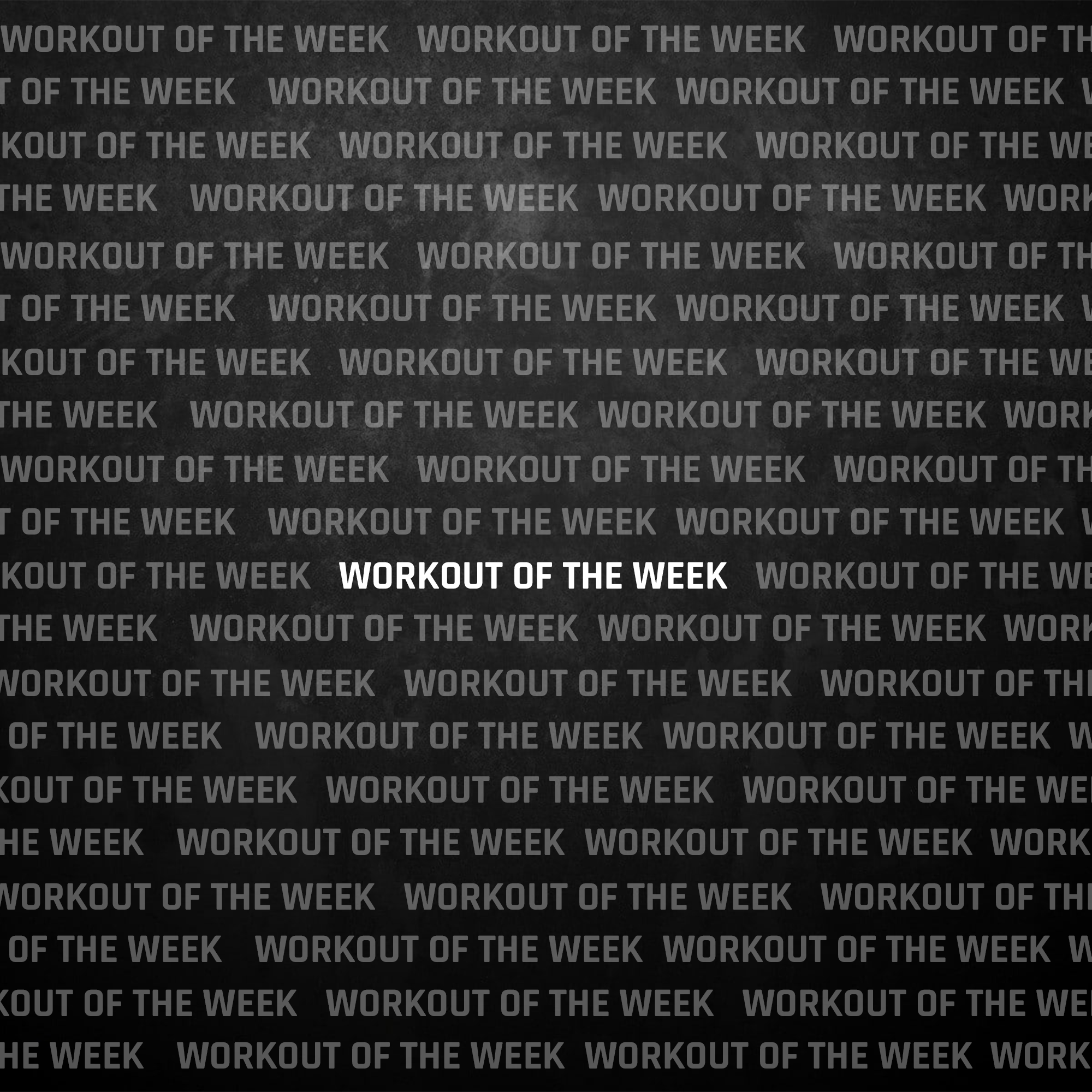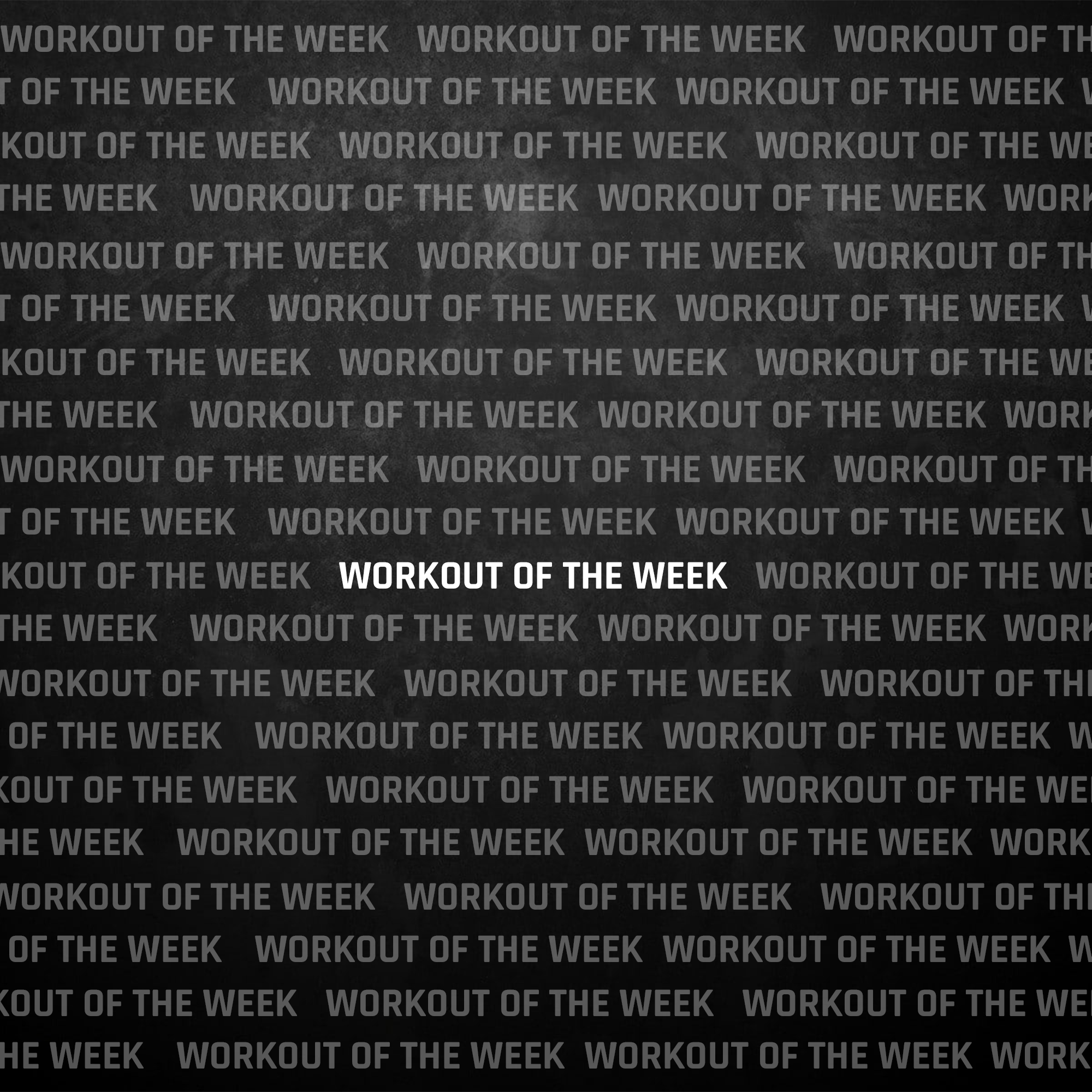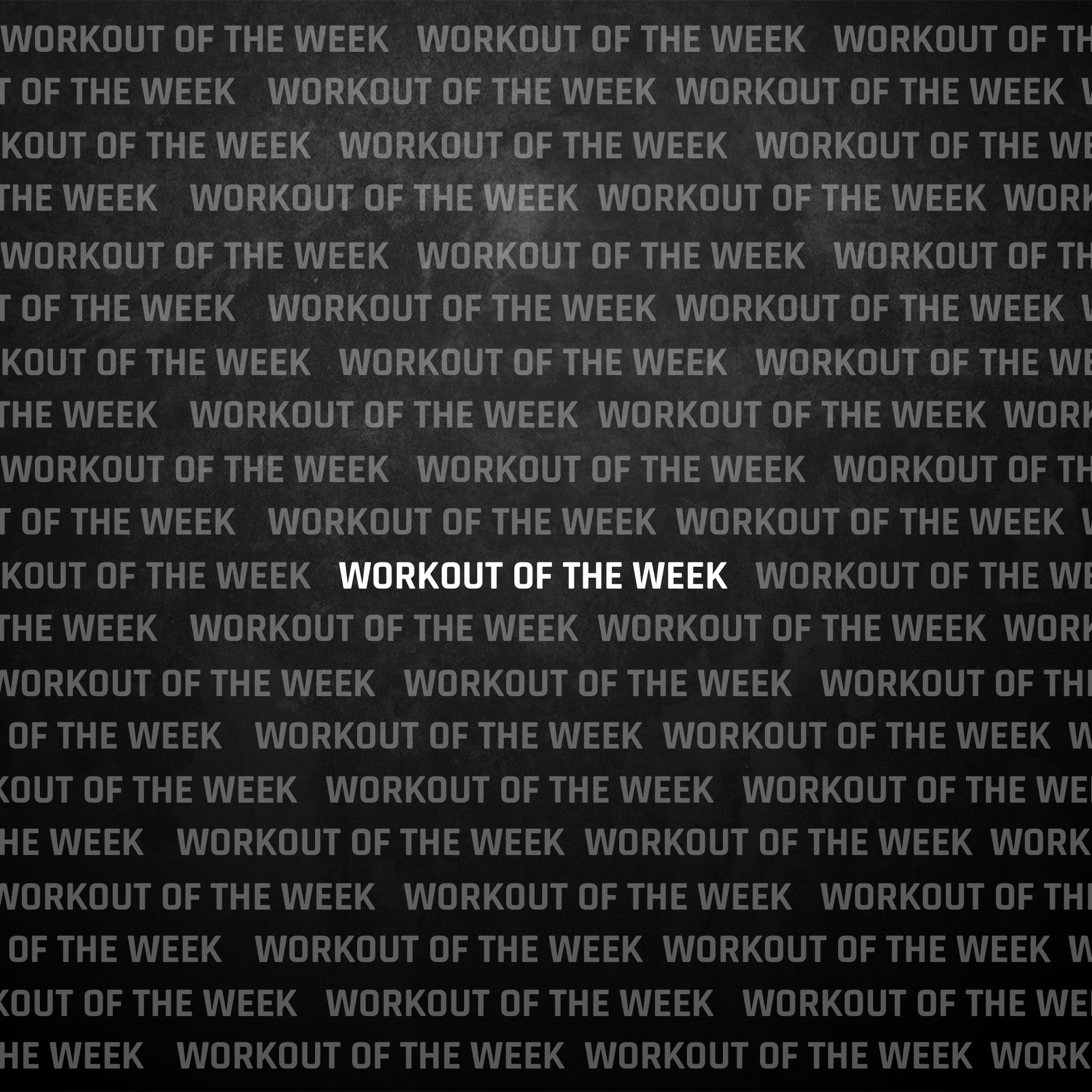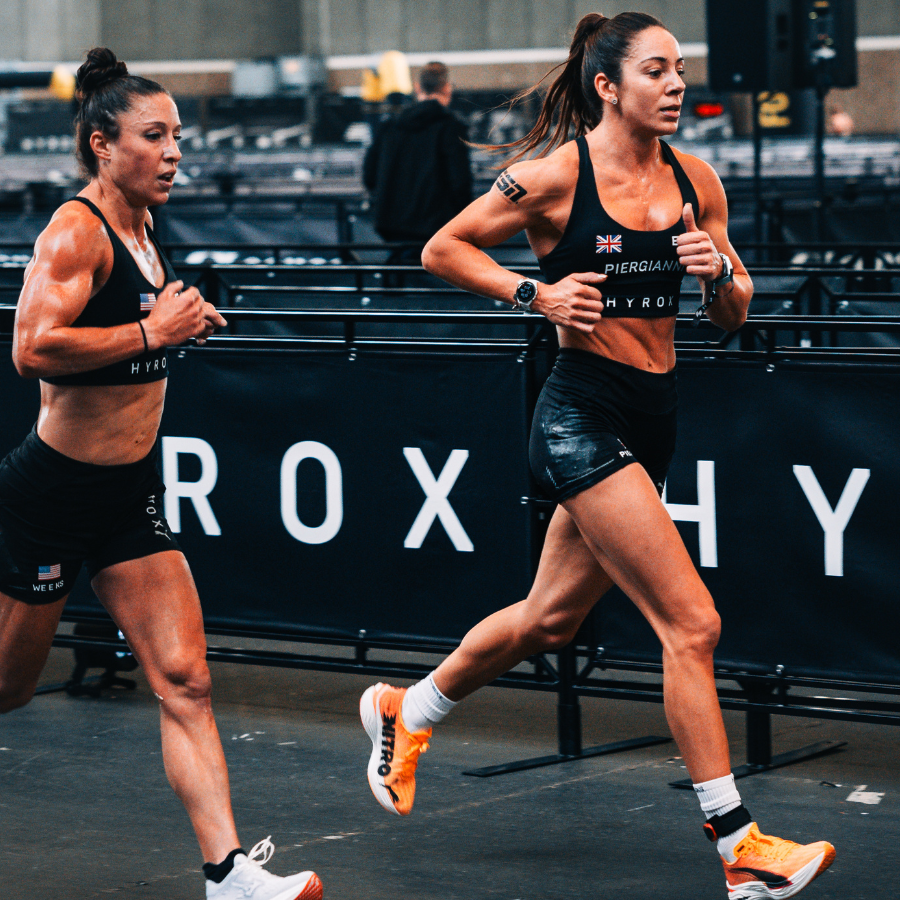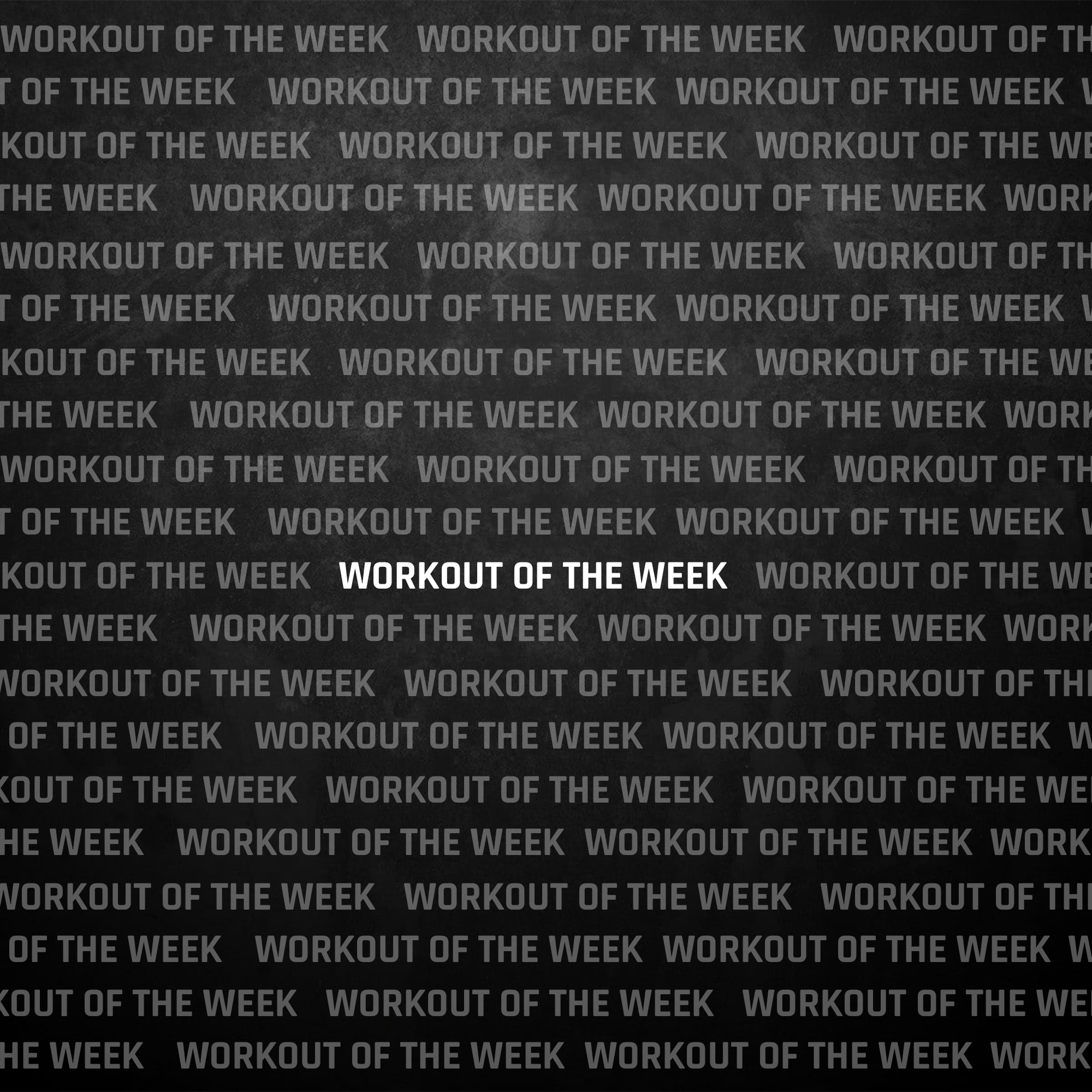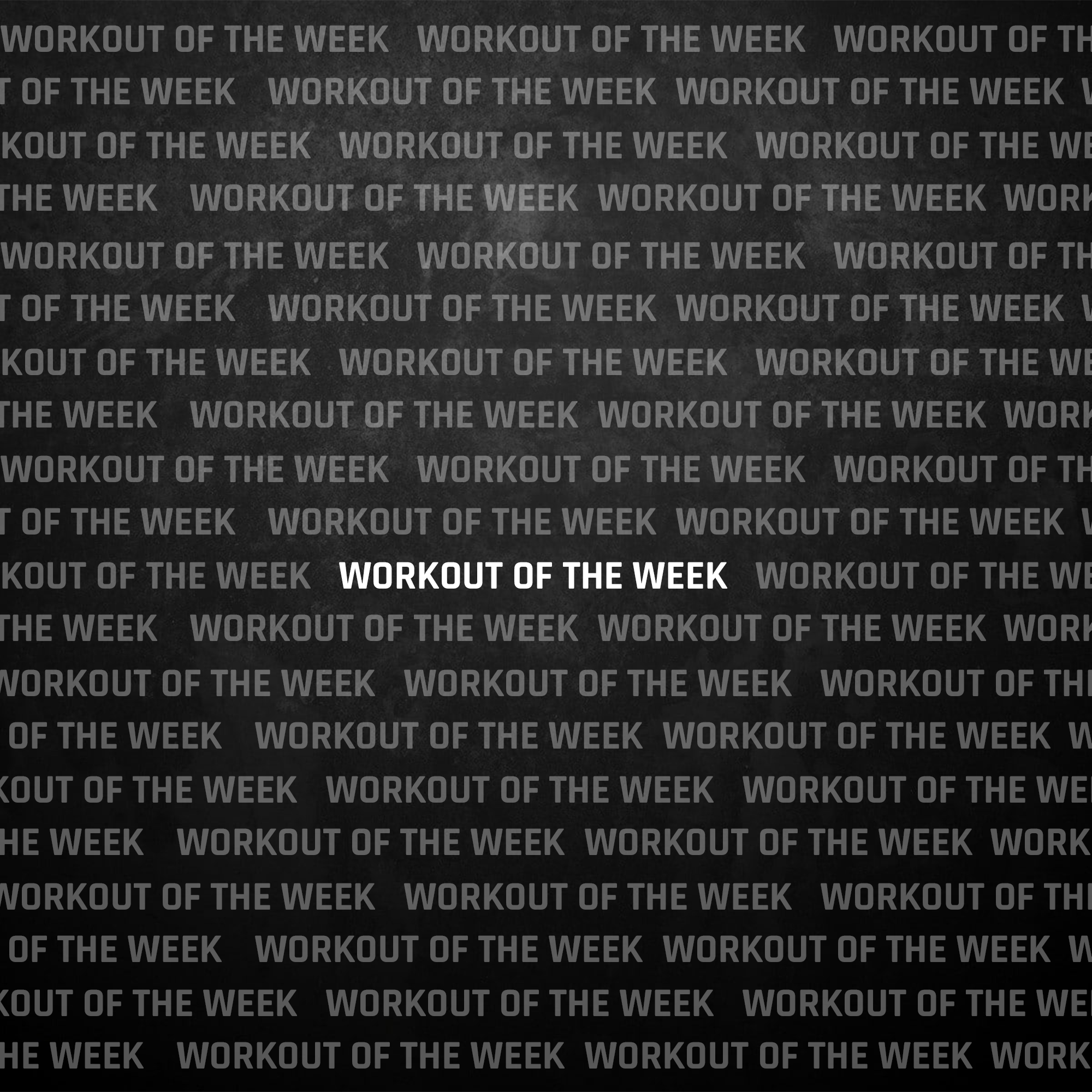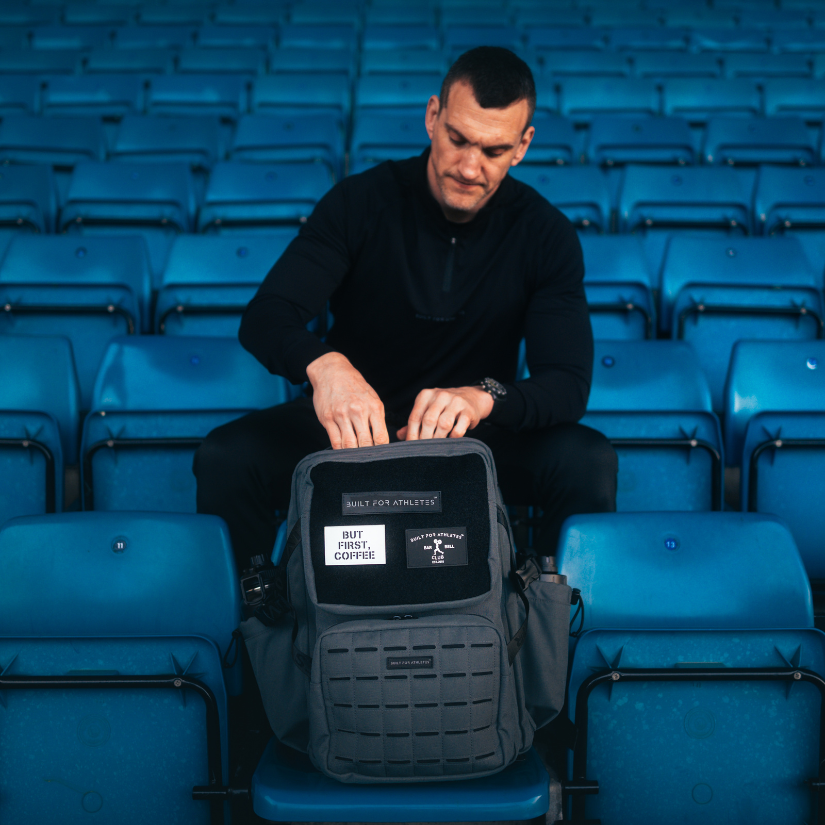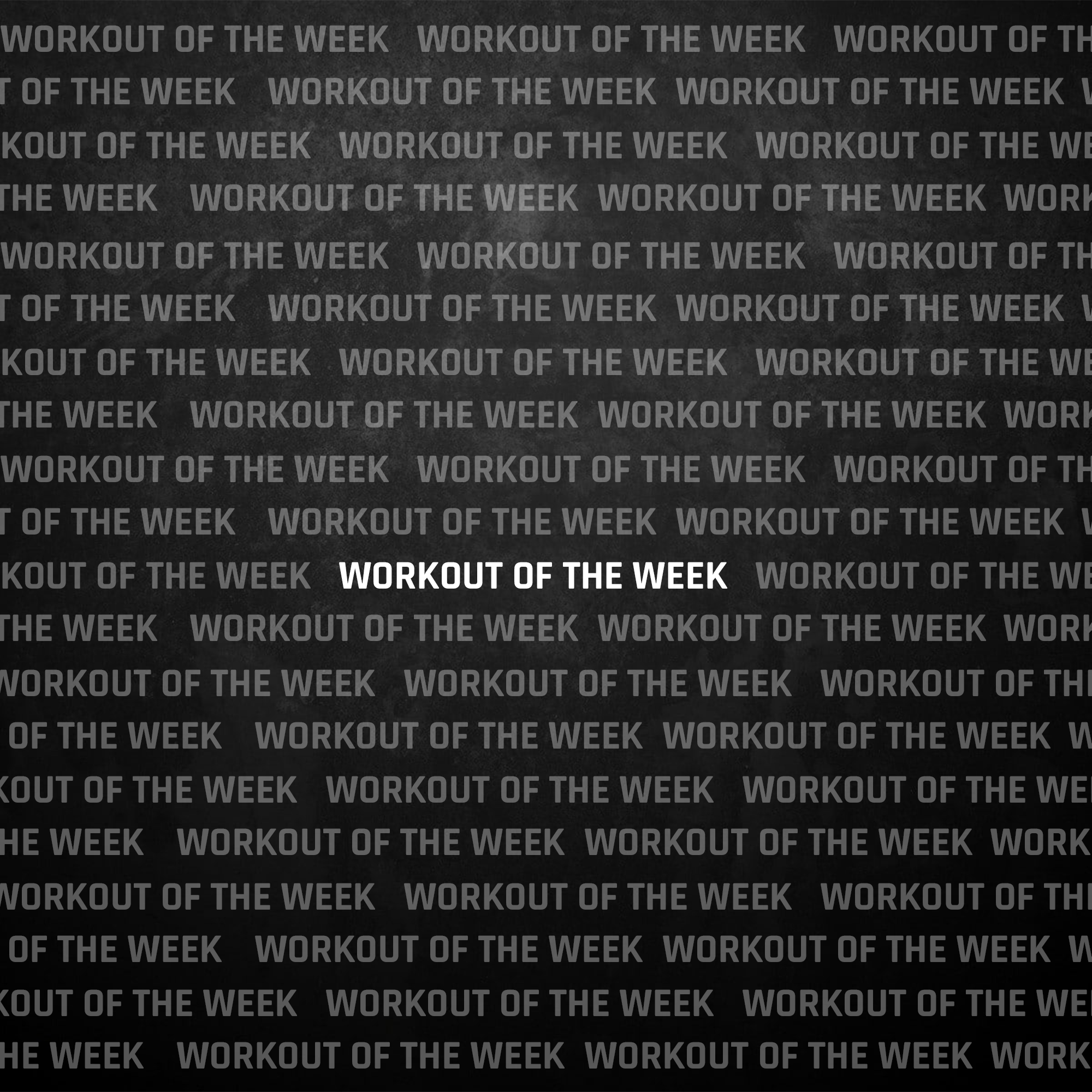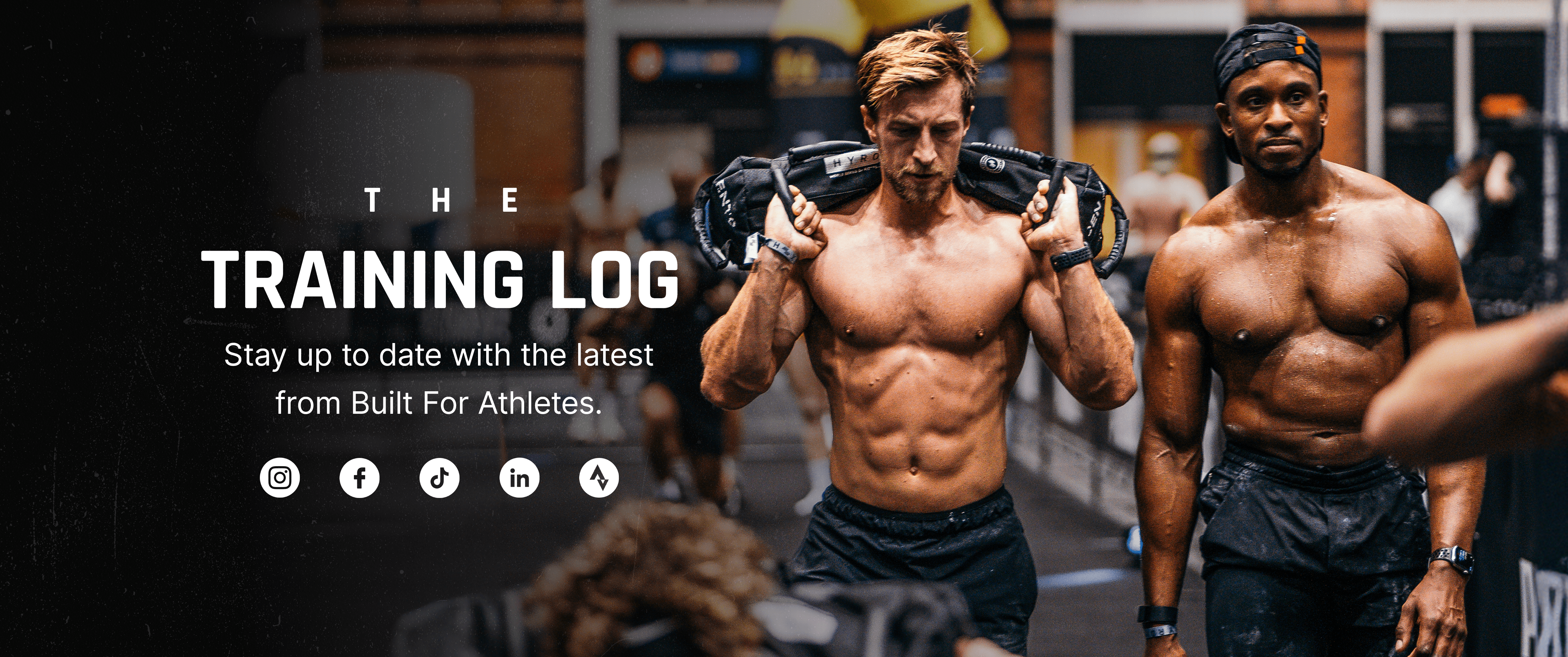
Training Log News
The Mental Side Of Racing - Jake Dearden
The Mental Side Of Racing: Building Resilience For Long-Distance Events Endurance events test more than just your physical limits; they push your mind to its edge. After completing The Speed Project, a 540km relay run from Los Angeles to Las...
Jake Dearden's Latest Workout To Try Warm-Up 200m Easy Jog, into: For Quality: 10m High Knees 10m Bum Kicks 10m Straight Leg Bounds 10m A-Skips Workout 30-Minute AMRAP: 5 Sandbag Ground to Overhead 10 Burpees Over the Sandbag (Lateral) 20...
#WOTW: Cycling Series - Monuments Edition
Celebrate The Monument Races Total Time: 75 minutesWorkout Style: Structured interval trainingTraining Environment: Indoor trainer or outdoor rideTarget Audience: Road cyclists, Zwift users, Monument race enthusiasts Warm-Up (10 Minutes) 5 minutes easy spinning at Zone 1–2 3 × 30 seconds...
WOTW: HYROX Physical Fitness Test
The P’F’T Workout 1000m Run(Outdoor or treadmill at 2% incline) 50 Burpee Broad Jumps(Target distance: 90 cm) 100 Stationary Lunges(Fully extended on each rep) 1000m Row 30 Push-Ups(Hand release at the bottom) 100 Wallballs(6kg for males / 4kg for females)...
Mastering the Wall Ball Station in HYROX: Training Tips and Fatigue Finishers The Wall Ball station in HYROX is a bit like marmite for most – you either love it or you dread it! However, Wall Balls have one of...
1a. RFE lunge plyo – 3x6 each side1b. Hip MB throw – 3x3 each side 2. Block clean – 4x3 3a. Back squats – 3x5 @ 80%3b. SL hip extension – 3x10 each side 4a. Incline bench press – 4x64b....


